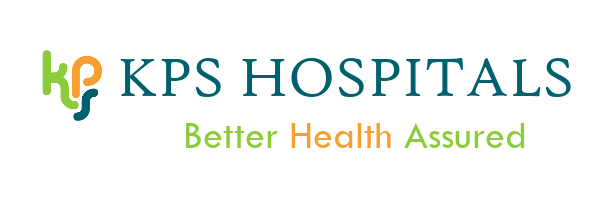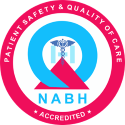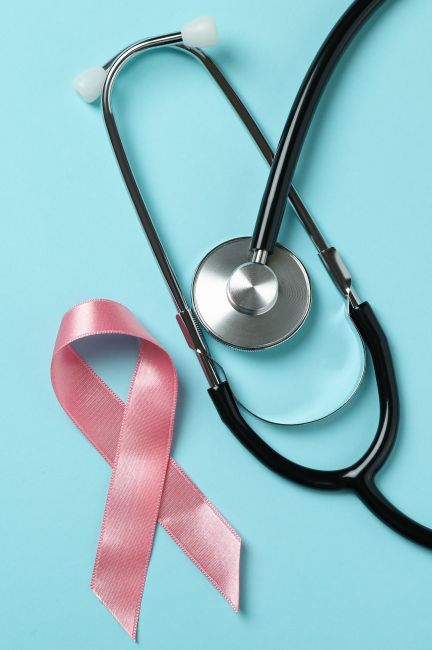Introduction
Cancer is one of the leading causes of death worldwide. Awareness and early detection are crucial in the fight against this disease. In this blog, we’ll delve into what cancer is, the importance of early detection, and share recommendations from our hospital’s experienced doctors.
What is Cancer?
Cancer is a group of diseases characterized by the uncontrolled growth and spread of abnormal cells. These cells can invade nearby tissues and spread to other parts of the body through the blood and lymph systems. There are many types of cancer, including breast cancer, lung cancer, prostate cancer, and colorectal cancer.
Importance of Early Detection
Early detection of cancer significantly increases the chances of successful treatment. Regular screenings and being aware of the common signs and symptoms can lead to early diagnosis. Some common symptoms to watch for include:
- Unusual lumps or swelling
- Unexplained weight loss
- Persistent fatigue
- Changes in bowel or bladder habits
- Persistent cough or hoarseness
Recommendations from Our Doctors
1. Regular Screenings
Dr. Jane Smith, Oncologist: “Regular screenings are essential for early detection. Mammograms, colonoscopies, and Pap smears are some of the screenings that can help detect cancer early. Talk to your healthcare provider about the appropriate screenings for your age and risk factors.”
2. Healthy Lifestyle Choices
Dr. John Doe, Family Physician: “Maintaining a healthy lifestyle can reduce the risk of developing cancer. This includes eating a balanced diet rich in fruits and vegetables, engaging in regular physical activity, avoiding tobacco, and limiting alcohol consumption.”
3. Awareness of Family History
Dr. Emily Johnson, Genetic Counselor: “Knowing your family’s medical history can help you understand your risk factors. If you have a family history of cancer, discuss this with your healthcare provider, as you may need more frequent screenings or genetic testing.”
4. Staying Informed and Educated
Dr. Michael Lee, Oncologist: “Stay informed about the latest developments in cancer research and treatment. Attend awareness campaigns, participate in community events, and support cancer research organizations. The more you know, the better prepared you are to take action.”
Support and Resources
Our hospital offers a range of support services for cancer patients and their families, including:
- Support groups
- Counseling services
- Nutritional guidance
- Financial assistance programs
Conclusion
Cancer awareness and early detection can save lives. By following the recommendations from our expert doctors and staying informed, you can take proactive steps to reduce your risk and support those affected by cancer. Remember, regular check-ups and a healthy lifestyle are key components in the fight against cancer.




Comments are closed